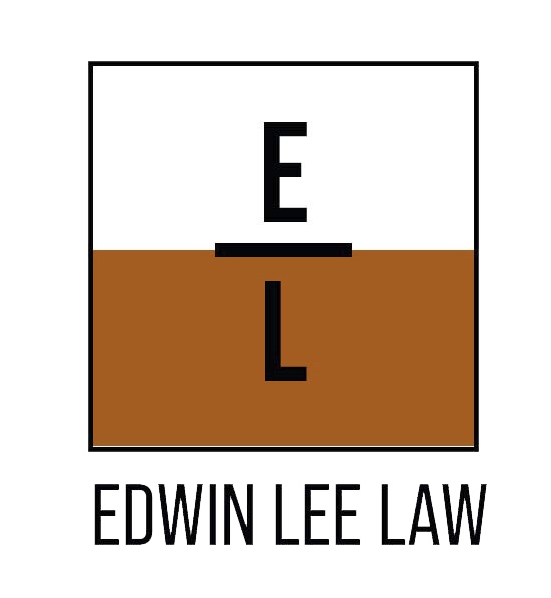 Many people become involved with administering an estate at some point. It may result from being named the personal representative (executor) of an estate, a trustee of a trust, or being named a beneficiary or heir of an estate.
Many people become involved with administering an estate at some point. It may result from being named the personal representative (executor) of an estate, a trustee of a trust, or being named a beneficiary or heir of an estate.
Texas Probate and Estate Administration
Probate and estate administration cover the entire legal process necessary to settle a person’s estate after death. The appointed representative (usually a family member) opens the probate case in court. With the court’s help, they’ll work through all the financial business the decedent left behind. This includes disposing of personal property, money, real property, or anything else the deceased owned at the time of their death.
Estate administration also deals with any debts. You can also get advice and support from a probate attorney in Texas.
The Probate Process
A number of steps must be taken between death and the distribution of assets. Though each estate is unique, common steps include:
- Filing a petition with the appropriate probate court
- Notifying beneficiaries, heirs, and creditors of the estate administration
- Appointing the executor or administrator
- Inventorying and appraising estate assets
- Reviewing claims filed by creditors
- Paying approved claims
- Selling assets if the estate lacks liquidity
- Preparing and paying estate taxes
- Distributing assets to beneficiaries and/or heirs
The Law Office of Edwin E. Lee can help you understand and manage your role as a personal representative while navigating the estate administration process in Texas. If you are creating an estate plan and want to avoid probate court, a probate attorney offers strategies involving trusts, transfer-on-death deeds, and lady bird deeds in Texas.
Texas Trust Administration
When your loved one dies, leaving you as their trustee, you are responsible for their trust’s administration. For many, trust administration is an unfamiliar process with many deadlines and actions that can feel overwhelming.
What is the Role of the Trustee?
A trustee takes legal ownership of the assets held by a trust and assumes responsibility for managing those assets and carrying out the trust’s objectives. Trustee responsibilities can include:
- Administering the trust. The trustee must follow and administer the trust according to its exact terms. The trustee must not deviate from the terms of the trust.
- Treating beneficiaries fairly. The trustee must act impartially if a trust names two or more beneficiaries. The trustee can’t favor one beneficiary, or a group of beneficiaries, over others.
- Maintaining records.The trustee must keep complete, accurate, and detailed records of all income collected, expenses, purchases, sales, and other transactions of the trust.
- Filing taxes and paying debts.The trustee is responsible for filing taxes and paying debts at death and the expenses incurred in administering the estate.
Our firm can help you understand and manage your role as a trustee while navigating the trust administration process in Texas.
Texas Estate and Trust Litigation
Estate Litigation
When a loved one passes away, their will is supposed to provide guidance about how their assets should be distributed. However, there are cases when interested parties believe the will doesn’t reflect the true wishes of their family member.
One reason that estates go through the probate process is to allow interested persons the opportunity to represent their claim on the estate by challenging or contesting a will that doesn’t favor them. For people with complicated family dynamics, unpopular second marriages, or estranged loved ones, a will contest is more likely and could result in estate litigation.
Trust Litigation
Trust litigation occurs when issues arise over property ownership. It can also center on the trustee’s actions, suspending the trustee, or removing the trustee.
The purpose of a trust litigation lawsuit is to obtain a beneficiary’s rightful inheritance, to allow a trustee to reclaim property that belongs to the trust, or to determine if the trustee breached their fiduciary duties.
If you suspect you were removed or left out as a beneficiary due to fraud, undue influence, forgery, misrepresentation, questionable capacity, or failure to follow the will or trust provisions, you may have a case. The Law Office of Edwin E. Lee can seek medical and financial evidence to prove the cited grounds to contest a will or trust.
At the Law Office of Edwin E. Lee, our Houston law firm practices estate planning and elder law, including Medicaid planning, asset protection, probate and trust administration, guardianship, family law, and related issues.
If you live in the Houston communities of The Heights, The Woodlands, Bel Air, or West University Heights, or the surrounding cities of Baytown, Humble, Cloverleaf, Pearland, Stafford, Deer Park, and more, contact us for a consultation with a probate lawyer or trust administration attorney today.

